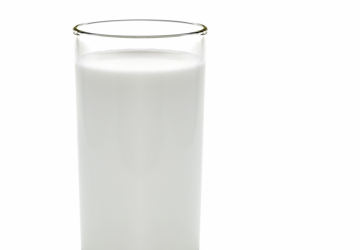New research published in the journal “Annals of Internal Medicine” follows a string of other papers finding the hype about saturated fat may have been blown way out of proportion. But rather than learning from years of putting up with fat-free cookies and baked potato chips, people are reacting to fat’s so-called exoneration by indicting sugar.
With Michelle Obama at the reins, the sugar bandwagon is full of nutritionists, junk-scientists, and foodies of all stripes, clamoring over each to see who can best vilify sugar.
Full of hyperbolic comparisons to poison, cocaine, and tobacco, the chariot is arriving at the steps of Congress (and the Food and Drug Administration) to try to turn its passions into policy. But if there is anything to learn from fat’s flip-flop, it’s that single nutrient science is incredibly imprecise and transient. Being too quick to make laws based on populist opinion on sugar may leave us with egg on our face – which wouldn’t be so bad because eggs are good for you again.
Singling out nutrients confuses consumers while enriching fad-diet peddlers. (The fact that 12 of the top 100 bestselling titles on Amazon are diet books illustrates this.)
One moment caffeine is bad for you, now it’s good for you. One moment saturated fat is bad for you, now it’s fine. But when it comes to sugar, we are treated with the apparently unreflective promise that this time it’s different.
Dr. Robert Lustig, an alarmist evangelical crusader against sugar, claims calories are irrelevant and sugar is the root of all dietary evil. Michelle Obama has followed suit calling for a complete revamp of labeling to better showcase sugar. Busybodies everywhere are calling for sugar taxes and sugar bans, all justified to control the so-called “obesity epidemic.”
But we’ve been down this road before.
Two years ago, when fat was still the top obesity culprit, Denmark instituted a fat tax. It failed miserably. Consumers simply switched to less expensive alternatives or purchased their cheese and butter over the border. Such actions were in line with research that shows that sugar taxes would only shift consumer preference to other – sometimes more unhealthy – foods.
Widely considered a disaster, the Danish tax was swiftly repealed. We can only assume what it’s thought of now considering that it’s underlying premise – that fat is bad for you – has been undermined.
One of the few conclusive facts in nutritional science is that dietary dualism – the good vs. evil analysis of nutrients – is mistaken. Called “nutritionism,” this approach sees food as simply a collection of individual ingredients rather than a whole-package. Following it has unhealthy results – both for our health and for public policy.





